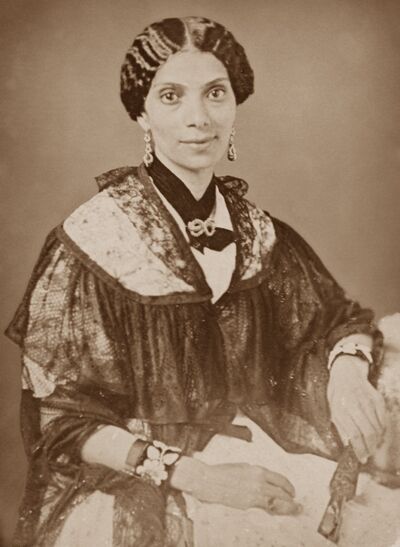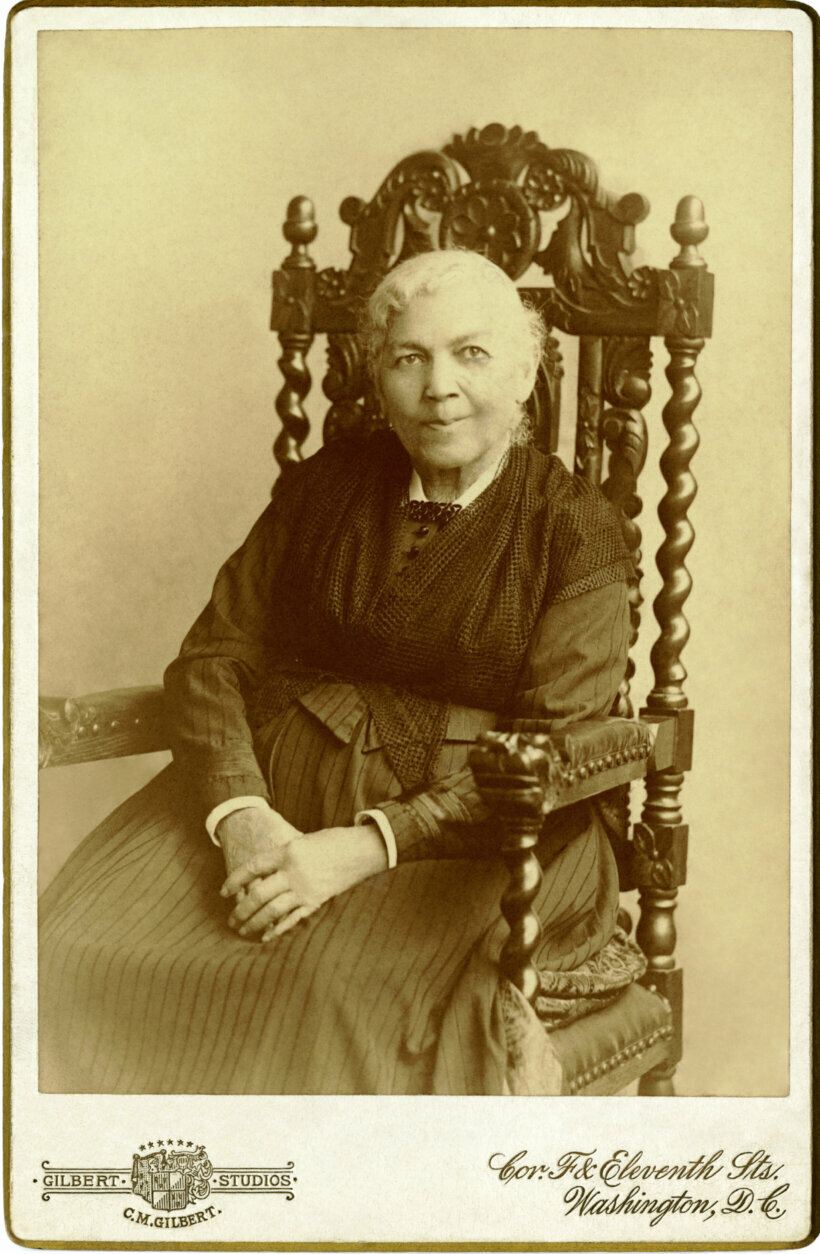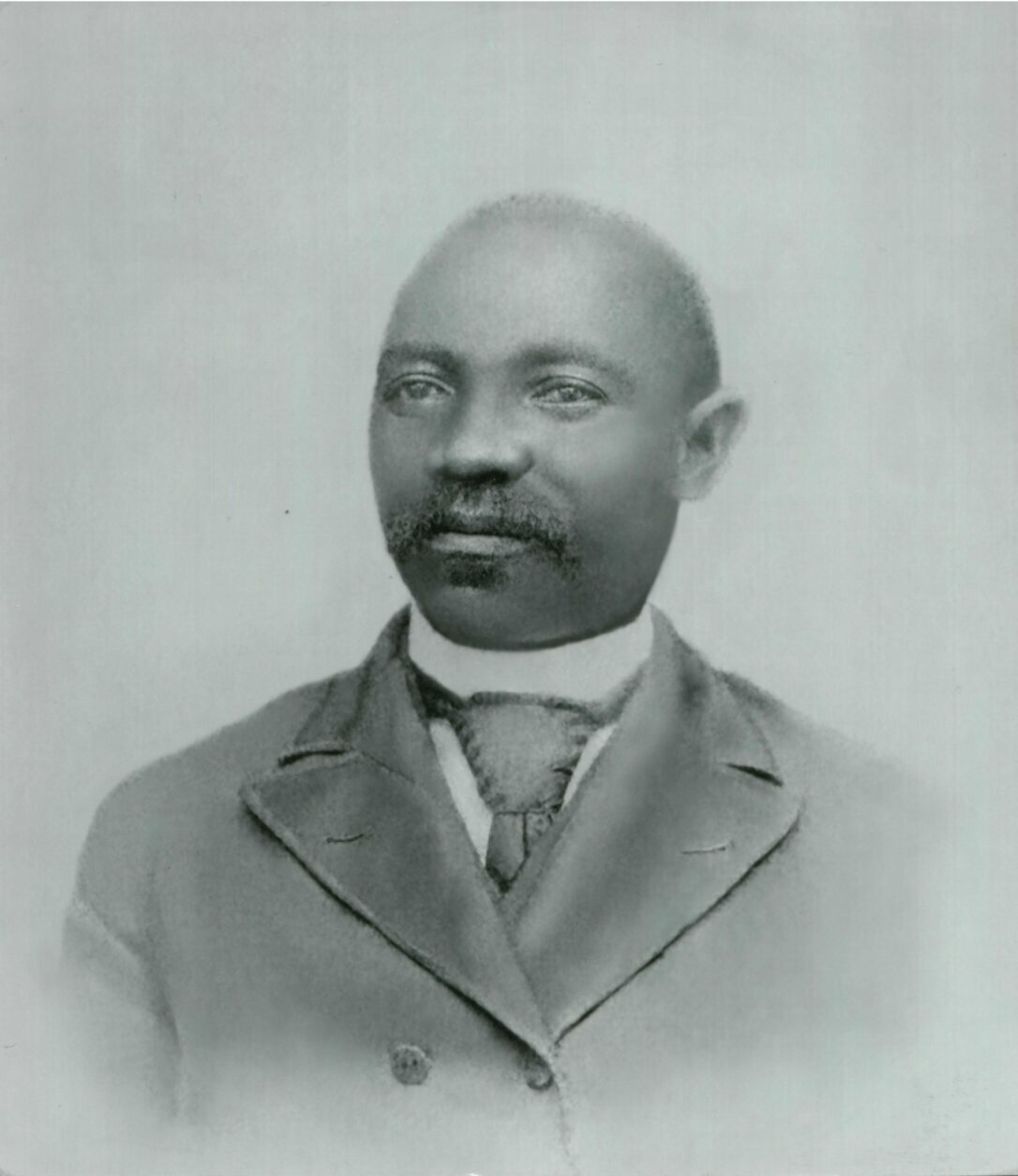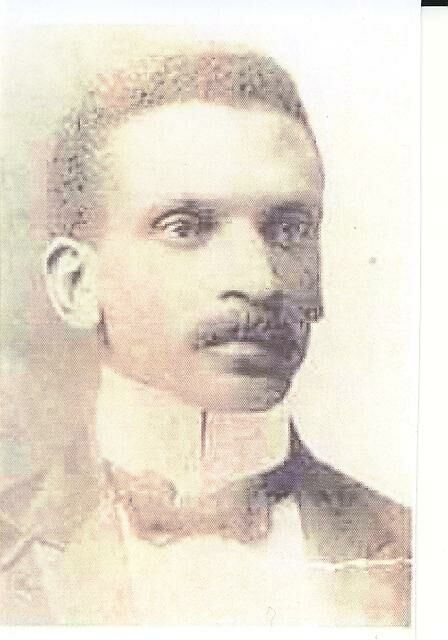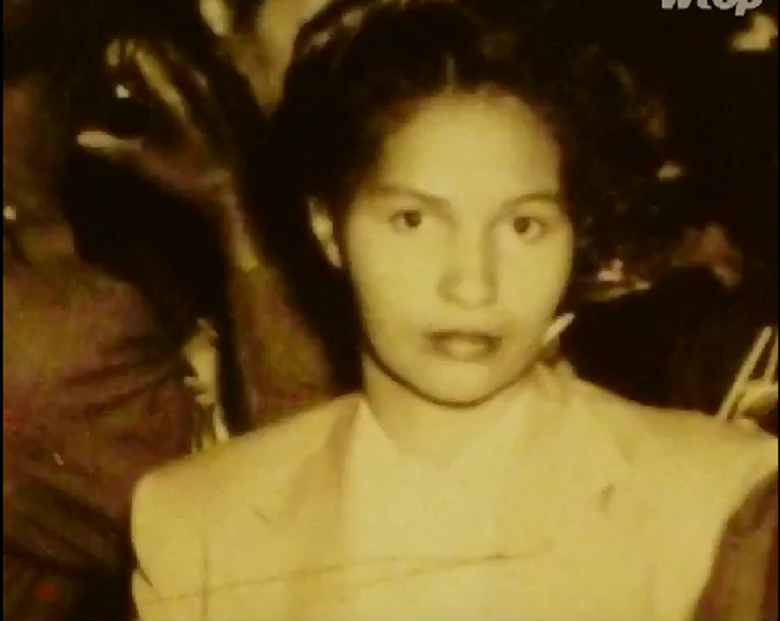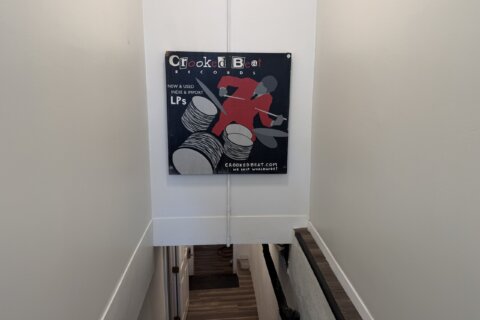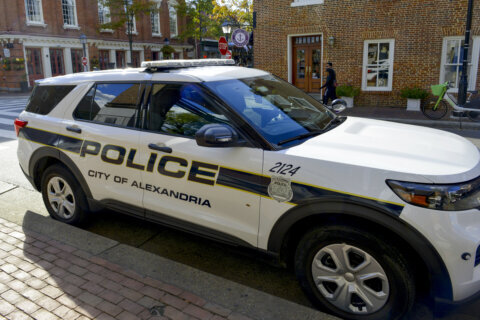The school board in Alexandria, Virginia, voted last month to change the names of two schools in the city — the city’s only high school, T.C. Williams High, named after a superintendent who worked against integration of the schools, and Matthew Maury Elementary in Del Ray, named after a Confederate naval officer.
That creates an opportunity to honor two more Alexandrians, and maybe right some imbalances.
The superintendent will make a report in the spring; the board will ultimately vote on new names, and there is no shortage of candidates.
Audrey T. Davis, the director of the Alexandria Black History Museum, told WTOP, “There’s certainly a wealth of people they could consider in Alexandria, whether they’re educators or civic and community activists.”
First, she pointed out how many buildings in the city are named after prominent Black historical figures, such as the Samuel Tucker School, named after one of the leaders of the 1939 sit-in at the Queen Street library to agitate for integration of the library system, and the Ferdinand T. Day School.
“Tucker was very instrumental in our 1939 sit-in, and Ferdinand T. Day was a very dedicated civic activist … very interested in the well-being of Alexandria, a member of the Secret Seven (a group of activist parents who fought for integration and better conditions for Black kids in the 1960s) and working always for civil rights for Alexandrians.” (By the way, there’s a video at that link that erases any doubt as to what T.C. Williams was all about.)
And the post office on Wythe Street in Alexandria is named after the African American educator Helen Day, who taught in the Alexandria schools for 48 years.
Alexandria City Public Schools asked for input from students, and created an essay contest around this subject; the deadline was Dec. 9 through the city’s Identity Project. “So I’m interested to see what the students are coming up with,” Davis said.
Still, Davis had suggestions for whom Alexandria could name school buildings after.

